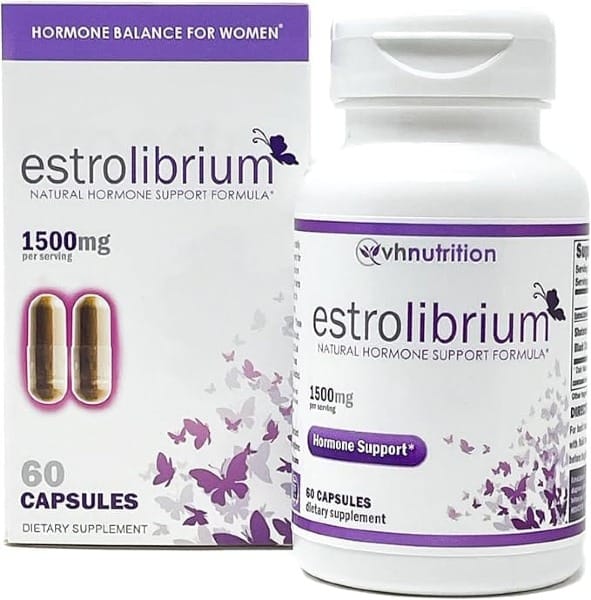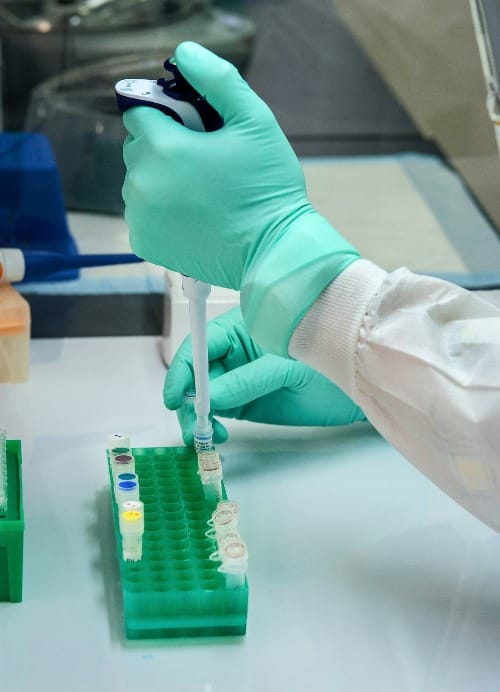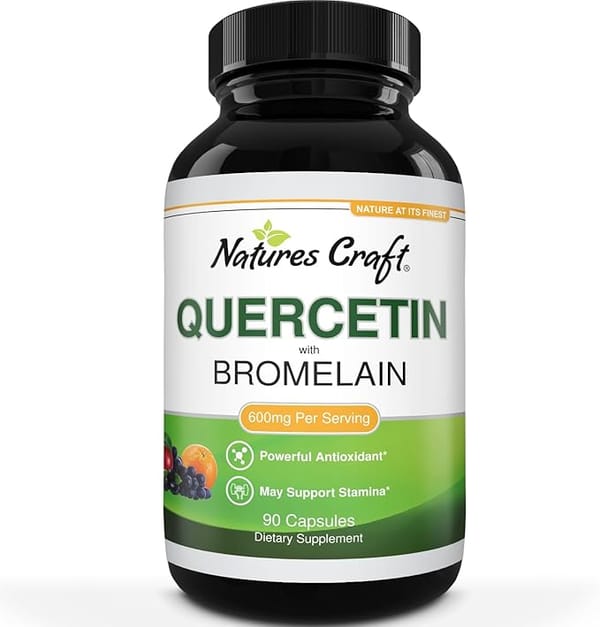Menopause is a natural phase in a woman's life, marking the end of reproductive years. While it can bring challenges, there are innovative and natural approaches to ease this transition. This article explores how biohacking techniques can help women manage menopausal symptoms and improve overall well-being during this significant life stage.
Key Takeaways:
- Biohacking offers natural ways to manage menopausal symptoms
- Cycle syncing and vagus nerve stimulation can help balance hormones
- Nutrition, exercise, and sleep optimization are crucial for menopausal health
- Breathwork and stress management techniques support overall well-being
- Personalized approaches and professional guidance are essential for effective biohacking
Menopause is a significant milestone in a woman's life, often accompanied by various physical and emotional changes. As more women seek natural alternatives to traditional hormone replacement therapy, biohacking has emerged as an innovative approach to managing menopausal symptoms. Biohacking involves using science, biology, and self-experimentation to optimize health and well-being. Let's explore how these techniques can help women navigate the menopausal transition more smoothly.

Understanding Menopause and Its Challenges
Menopause typically occurs between the ages of 45 and 55, marking the end of a woman's reproductive years[1]. During this time, the body undergoes hormonal changes that can lead to various symptoms, including:
- Hot flashes and night sweats
- Mood swings and irritability
- Sleep disturbances
- Vaginal dryness
- Weight gain
- Decreased libido
- Bone density loss
While these symptoms are common, their severity and duration can vary greatly among women. Many seek ways to alleviate these discomforts and maintain their quality of life during this transition.

vhnutrition ESTROLIBRIUM natural hormone support formula
Hormone Balance for Women | Menopause Support Supplement | Black Cohosh, Shatavari, Chaste Tree Berry (Vitex), Dong Quai | 60 Capsules in Easy to Swallow Pills. Made in the USA
Biohacking Approaches for Menopausal Symptom Management
Cycle Syncing
Even as menstrual cycles become irregular during perimenopause, paying attention to hormonal fluctuations can be beneficial. Cycle syncing involves adjusting diet, exercise, and lifestyle habits to align with different phases of the menstrual cycle[1]. This practice can help balance hormones and reduce symptoms like mood swings and fatigue.
Tips for cycle syncing:
- Track your cycle, even if irregular, to identify patterns
- Adjust your diet and exercise routine based on energy levels
- Consider lighter workouts during the luteal phase when energy may be lower
Vagus Nerve Stimulation
The vagus nerve plays a crucial role in regulating the autonomic nervous system. Stimulating this nerve can help reduce stress, improve sleep, and balance hormones[1].
Vagus nerve stimulation techniques:
- Gargling with water
- Cold water swimming or cold showers
- Singing or humming
- Deep breathing exercises
- Using specialized devices like Sensate for vagal toning
Nutrition and Fasting
Proper nutrition is essential during menopause to support hormone balance and overall health. Intermittent fasting has gained popularity as a biohacking technique, but it's important to approach it carefully during menopause[1].
Nutritional biohacks for menopause:
- Focus on whole, nutrient-dense foods
- Increase intake of phytoestrogen-rich foods like soy, flaxseeds, and legumes
- Consider intermittent fasting only during the follicular phase of your cycle
- Use electrolytes during fasting to maintain hydration and mineral balance
Breathwork and Stress Management
Stress can exacerbate menopausal symptoms, making stress management crucial. Breathwork techniques have shown promise in reducing stress, improving sleep, and balancing hormones[1].
Breathwork techniques for menopause:
- Practice the 4-7-8 breathing pattern
- Try Wim Hof breathing exercises
- Incorporate mindfulness meditation into your daily routine
Exercise and Movement
Regular physical activity is essential for maintaining bone density, managing weight, and reducing menopausal symptoms. Tailoring your exercise routine to your changing body can maximize benefits[1].
Exercise biohacks for menopause:
- Incorporate weight-bearing exercises to maintain bone density
- Try high-intensity interval training (HIIT) for metabolism boost
- Practice yoga or Pilates for flexibility and stress reduction
- Adjust workout intensity based on your energy levels throughout your cycle
Sleep Optimization
Quality sleep is crucial during menopause, as hormonal changes can often disrupt sleep patterns. Optimizing your sleep environment and habits can significantly improve overall well-being[1].
Sleep biohacks for menopause:
- Maintain a consistent sleep schedule
- Create a cool, dark sleeping environment
- Limit screen time before bed
- Consider using a sleep tracking device to monitor sleep quality
Supplement Support
While a balanced diet should be the primary source of nutrients, certain supplements can support menopausal health[1][2].
Supplements to consider (with professional guidance):
- Magnesium for sleep and mood support
- Vitamin D and calcium for bone health
- Omega-3 fatty acids for heart and brain health
- Adaptogenic herbs like ashwagandha for stress management
The Importance of Personalized Approaches
It's crucial to remember that every woman's menopausal journey is unique. What works for one may not work for another. Biohacking for menopause should be a personalized process, taking into account individual health histories, lifestyles, and preferences[1].
Seeking Professional Guidance
While biohacking offers exciting possibilities for managing menopausal symptoms, it's essential to work with healthcare professionals. Regular check-ups, hormone level monitoring, and professional advice can ensure that your biohacking efforts are safe and effective[2].
Embracing the Transition
Menopause is not just about managing symptoms; it's an opportunity for growth and self-discovery. Many women report feeling more confident and liberated after menopause[1]. By approaching this transition with curiosity and empowerment, women can harness their hormones to make their post-reproductive years a time of stepping up, not fading away[1].
Conclusion
Biohacking offers promising natural approaches to ease the menopausal transition. By incorporating techniques like cycle syncing, vagus nerve stimulation, nutrition optimization, and stress management, women can take an active role in managing their health during this significant life stage. Remember, the key to successful biohacking lies in personalization, consistency, and professional guidance. Embrace this new chapter with curiosity and empowerment, and you may find that menopause becomes a time of growth, self-discovery, and renewed vitality.
Citations:
[1] https://www.getthegloss.com/biohacking-for-women-health-optimisation-hormones
[2] https://www.ncbi.nlm.nih.gov/pmc/articles/PMC10183767/
[3] https://www.ft.dk/samling/20231/almdel/SUU/bilag/163/2814323.pdf
[5] https://www.medicalrepublic.com.au/empowerment-key-to-managing-menopause/105714















Member discussion